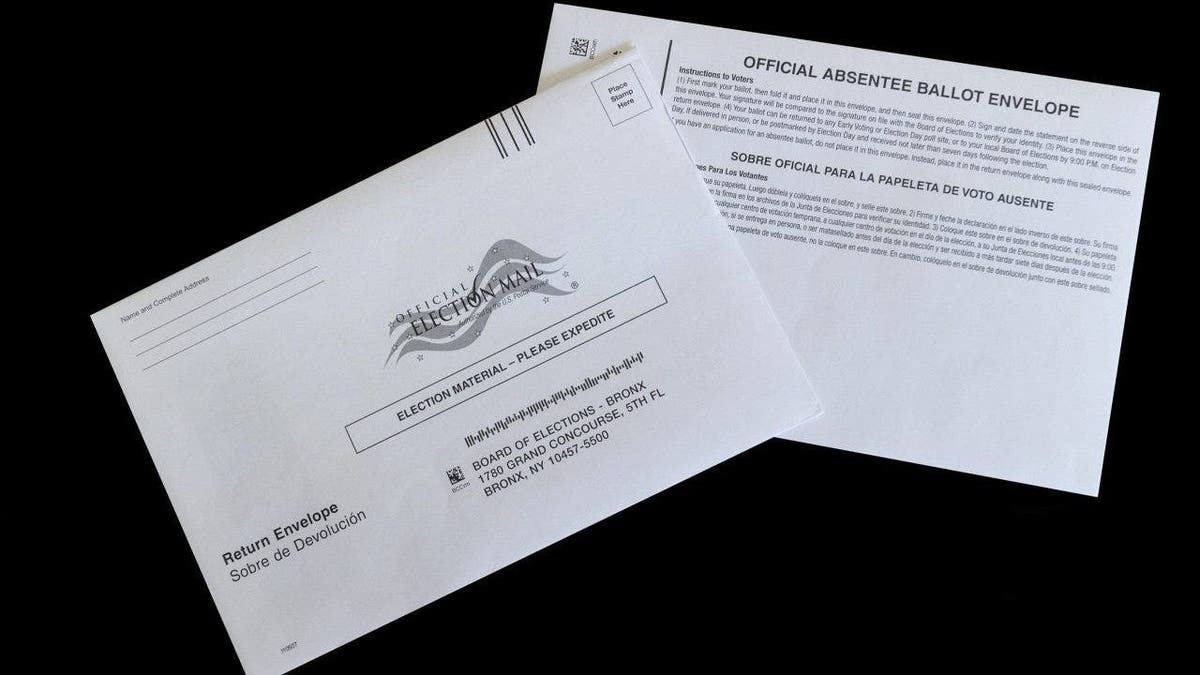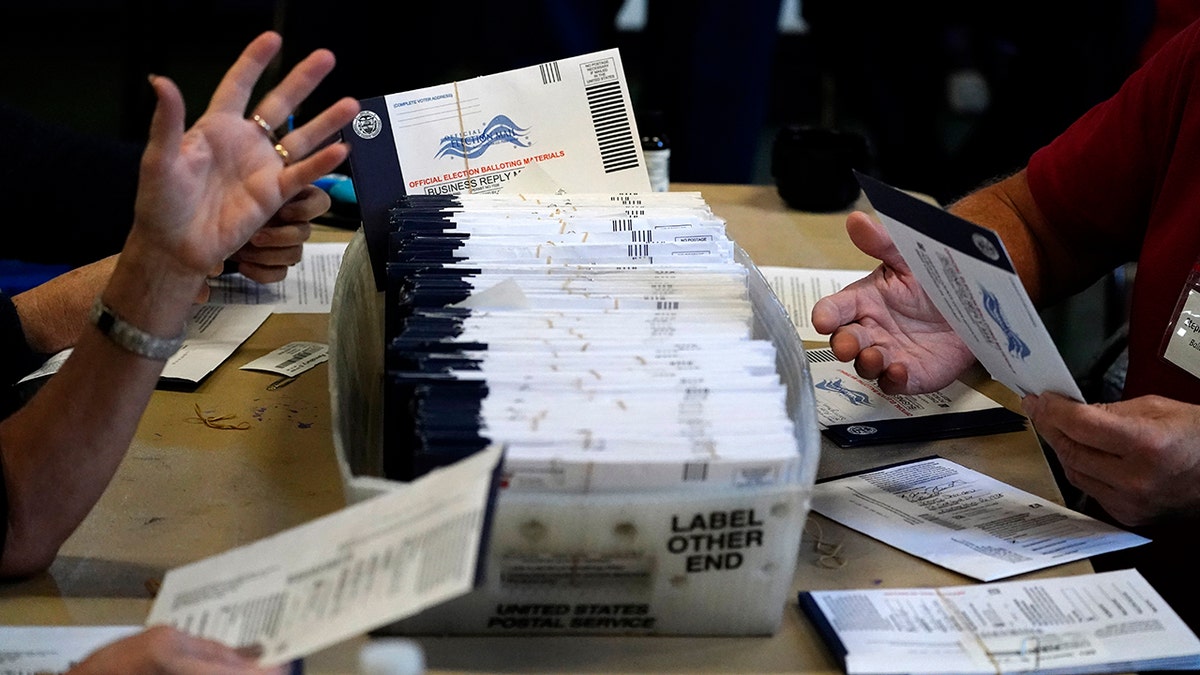The state of New York’s universal mail-in voting law is being challenged by a legal watchdog group that claims the alteration to election protocol is unconstitutional.
A court brief has been filed in the New York Court of Appeals seeking to overturn the law, passed by the state legislature and signed by Gov. Kathy Hochul, which allows every registered voter in the state to vote via mail-in ballot.
The Public Interest Legal Foundation is leading the effort on behalf of multiple Republican leaders — including GOP Reps. Elise Stefanik and Claudia Tenney.
MAIL-IN BALLOTS MUST HAVE DATES ON ENVELOPES, PENNSYLVANIA APPEALS COURT RULES
New York residents overwhelmingly voted against universal mail-in ballots through a 2021 referendum seeking a constitutional amendment.
Democratic lawmakers bypassed the failure of this referendum by simply voting the mail-in ballot expansion through the state legislature. Democratic Gov. Kathy Hochul signed it into law late last year.
Public Interest Legal Foundation President J. Christian Adams accused the New York Legislature of having “unconstitutionally passed a law to allow every registered voter to cast a ballot in the mail” with this law.
NEW YORK REPUBLICANS SUE TO BLOCK DEMOCRAT GOV. KATHY HOCHUL’S NEW LAW EXPANDING EARLY MAIL-IN VOTING

“The plain text of the New York Constitution prohibits the expansion of mail voting,” Adams added. “If New York lawmakers want to expand mail voting, they need to pass a constitutional amendment.”
Democrats claim that the expanded avenue for absentee voting makes the democratic process easier for voters. Their critics contend this change in protocol makes voter fraud much easier.
This is not the Public Interest Legal Foundation’s first time in court fighting the expansion of absentee ballot eligibility.

The foundation previously led the 2022 legal challenge against a similar law in Delaware.
The campaign saw initial success when a state superior court sided against the proposed permanent absentee voting expansion.
However, the New York Supreme Court shot down that decision last month in a 5-0 ruling, finding that the Public Interest Legal Foundation did not have standing to sue.
Read the full article here











